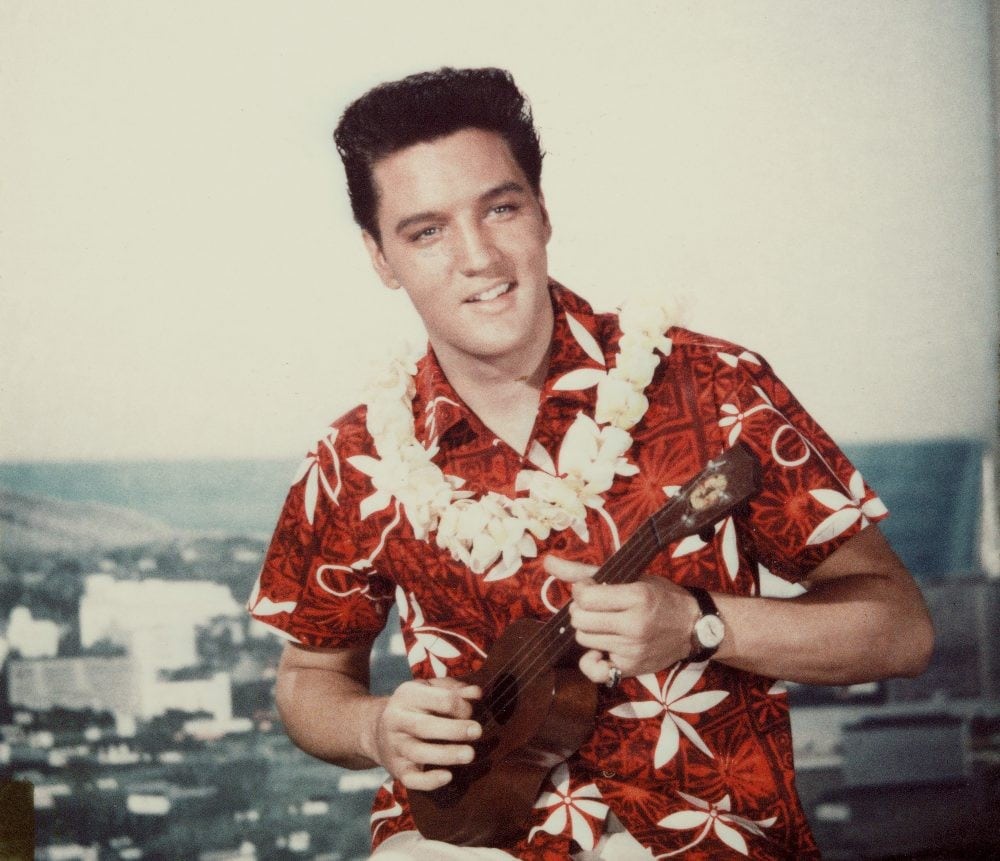
Introduction
It’s the song every wedding DJ knows. The lullaby every mother has sung to her child. The ballad every young lover has whispered in the dark. Elvis Presley’s “Can’t Help Falling in Love” has been polished and played so often that it feels eternal, untouchable, safe. But what if I told you the truth behind this masterpiece is far more dangerous than the sugary myth we’ve been sold?
When Presley recorded it in 1961 for the film Blue Hawaii, no one could have predicted how it would hijack the world’s emotions. Critics dismissed it as “too sweet.” RCA executives thought it was a gamble. Yet Elvis—standing at the crossroads of rock rebellion and mainstream respectability—delivered it with such aching vulnerability that it disarmed everyone. For the first time, the man who had been branded a threat to morality became the voice of timeless tenderness. That was the shock: Elvis the outlaw became Elvis the saint, and the world never looked back.
But here’s the twist most people don’t realize: this song wasn’t just a ballad, it was a trap. It locked Presley into the role of a romantic idol, chaining him to expectations he could never escape. “Can’t Help Falling in Love” became his signature closer on stage, the anthem fans demanded again and again—even as the man himself was breaking down under the weight of fame, drugs, and loneliness. The very song that promised love eternal became the haunting soundtrack of his decline.
So the next time you hear that opening line—“Wise men say…”—don’t just think of weddings or candlelight. Think of the King himself, trapped by the crown, forced to live out the myth his own voice created. Elvis Presley didn’t just sing “Can’t Help Falling in Love.” He was consumed by it.